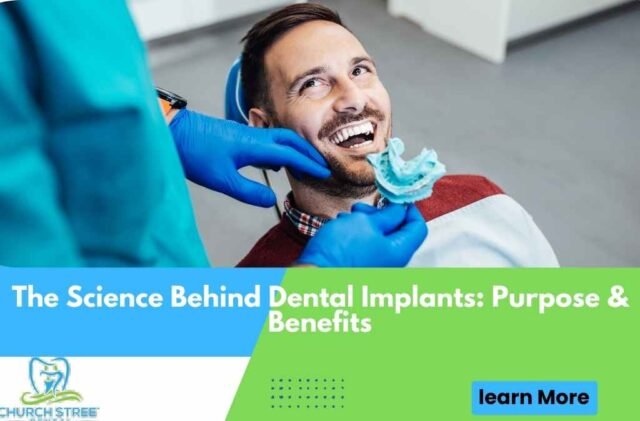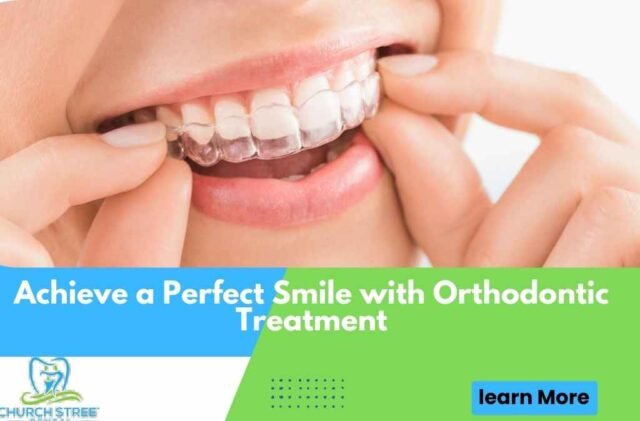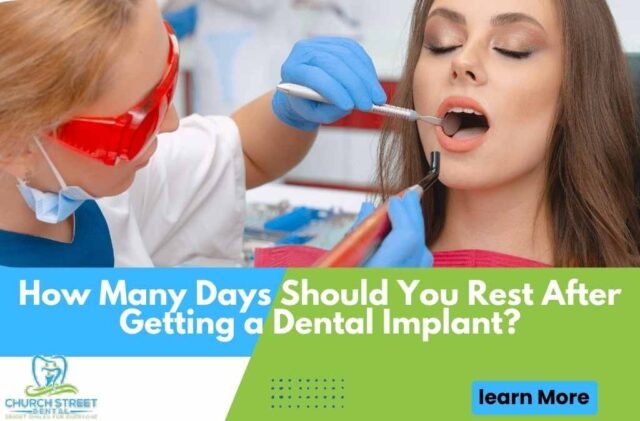Dental implants have transformed modern dentistry, offering a durable and natural-looking solution for tooth loss. While implants are highly reliable, their success and longevity depend not just on surgical precision and dental care, but also on key lifestyle factors—especially nutrition. Adequate nutrition plays a crucial role in promoting healing, ensuring proper integration, and maintaining the long-term health of dental implants. This article explores the importance of nutrition in dental implant longevity, offering comprehensive answers to common questions, addressing known challenges, and highlighting dietary recommendations for optimal implant health.
Understanding Dental Implant Longevity: The Role of Nutrition
Dental implants consist of a titanium post inserted into the jawbone, topped with a crown to mimic a natural tooth. Unlike natural teeth, implants do not have periodontal ligaments or blood supply, meaning they rely on healthy surrounding bone and tissue for stability and function. Nutrition directly impacts bone health, tissue repair, and immune function—all critical factors for successful implant outcomes. Proper nutrients support bone density and tissue integrity, helping reduce complications such as bone resorption, infection, and peri-implantitis.
Nutrients Essential for Implant Health
The following nutrients have been shown to play significant roles in implant longevity by aiding bone health, reducing inflammation, and promoting healing:
1. Calcium
- Why It Matters: Calcium is essential for maintaining bone density, which provides a stable foundation for dental implants.
- Best Sources: Dairy products (milk, cheese, yogurt), leafy greens (kale, spinach), and fortified foods (orange juice, plant-based milk).
- Recommendations: Adults generally need 1,000-1,200 mg of calcium daily. Those at risk of bone loss, such as postmenopausal women, may need additional calcium support.
2. Vitamin D
- Why It Matters: Vitamin D enhances calcium absorption, directly affecting bone strength. It also supports immune health, which can reduce the risk of infections around implants.
- Best Sources: Sunlight exposure, fatty fish (salmon, tuna), fortified dairy, and plant-based milk.
- Recommendations: Adults require 600-800 IU daily, but some may need more, especially in areas with limited sunlight.
3. Vitamin C
- Why It Matters: Vitamin C is vital for collagen synthesis, which supports the connective tissue and gums around the implant.
- Best Sources: Citrus fruits, strawberries, bell peppers, and broccoli.
- Recommendations: The daily requirement is 65-90 mg for adults, with smokers needing an additional 35 mg to counteract increased oxidative stress.
4. Protein
- Why It Matters: Protein is crucial for wound healing and tissue repair, both of which are essential in the post-surgical phase of implant placement.
- Best Sources: Lean meats, fish, eggs, dairy, legumes, and plant-based protein sources.
- Recommendations: The general guideline is 0.8 grams of protein per kilogram of body weight, with higher amounts for individuals recovering from surgery.
5. Omega-3 Fatty Acids
- Why It Matters: Omega-3s have anti-inflammatory properties that help reduce peri-implant inflammation, a common cause of implant failure.
- Best Sources: Fatty fish (salmon, sardines), flaxseed, chia seeds, and walnuts.
- Recommendations: Consuming fatty fish twice a week or taking a daily omega-3 supplement can help maintain optimal levels.
6. Vitamin K2
- Why It Matters: Vitamin K2 supports bone mineralization and helps direct calcium to the bones instead of soft tissues.
- Best Sources: Natto (fermented soybeans), hard cheeses, and leafy greens.
- Recommendations: While there is no formal RDA, 90-120 mcg daily is generally considered sufficient for bone health.
Dietary Recommendations for Post-Implant Surgery
Post-surgical nutrition should focus on promoting healing and minimizing inflammation. Here are some general dietary guidelines to follow after receiving a dental implant:
- Soft Foods Initially: Stick to a soft food diet for the first week post-surgery. Options include yogurt, smoothies, oatmeal, and soups. Avoid hard, sticky, or crunchy foods that could disturb the implant site.
- Hydration: Proper hydration is essential for healing. Aim to drink at least eight 8-ounce glasses of water daily.
- Avoid Sugar and Processed Foods: High-sugar and processed foods can promote inflammation and increase the risk of infection.
- Limit Caffeine and Alcohol: Both caffeine and alcohol can impair healing. It’s best to avoid or minimize these until the implant site has healed.
Nutritional Challenges and How to Overcome Them
Bone Resorption Due to Nutritional Deficiencies
One common challenge is bone resorption, where the bone supporting the implant gradually deteriorates. This often results from insufficient calcium and vitamin D. Regular bone density assessments and consultations with healthcare professionals can help manage and monitor bone health, especially for individuals with osteoporosis or similar conditions.
Peri-Implantitis and Inflammation
Inflammation around the implant site, known as peri-implantitis, can lead to implant failure. Anti-inflammatory nutrients, like omega-3s and antioxidants (vitamin C, E), may help counter this. Avoiding inflammatory foods, particularly those high in sugar and trans fats, is also recommended.
Monitoring Implant Health Post-Surgery
To maintain implant health, it’s essential to combine good nutrition with regular monitoring:
- Routine Dental Checkups: Regular checkups allow for early detection of issues like bone loss or inflammation.
- Use of Dental Monitoring Tools: Tools like digital X-rays and 3D imaging can help monitor bone health around implants.
- Track Your Diet and Habits: Keeping a food diary and tracking your intake of key nutrients ensures that you’re meeting your body’s needs for optimal implant health.
Key Takeaways for Maintaining Implant Longevity Through Nutrition
- Prioritize Nutrient-Dense Foods: Foods high in calcium, vitamin D, protein, and omega-3s are essential for bone and gum health.
- Reduce Inflammatory Foods: Limiting sugars and processed foods can reduce the risk of peri-implantitis.
- Stay Hydrated: Adequate water intake supports healing and oral health.
- Monitor Bone Health: Regular dental visits and bone density assessments help prevent long-term complications.
Conclusion
Welcome to our dental practice in Chicopee, MA, where we provide comprehensive, compassionate, and high-quality dental care for patients of all ages. Our experienced team is dedicated to helping you achieve and maintain a healthy, beautiful smile through a wide range of services, including preventive care, restorative treatments, cosmetic dentistry, and dental implants. Whether you’re looking for routine cleanings, advanced treatments, or cosmetic enhancements, we tailor our approach to meet your unique needs. At our Chicopee dental office, we prioritize comfort, patient education, and the latest dental technologies to ensure the best possible care. Visit us today to experience a welcoming, friendly environment focused on your dental health and overall well-being.
Frequently Asked Questions (FAQs)
Q1: How soon can I resume a normal diet after implant surgery?
Most patients can begin incorporating solid foods after the first week, but it’s essential to follow your dentist’s advice. A gradual transition to a regular diet reduces the risk of disturbing the implant site.
Q2: Can I take supplements to support implant longevity?
Yes, supplements can be beneficial if your diet lacks essential nutrients. Calcium, vitamin D, and omega-3 supplements can be particularly helpful for bone and gum health.
Q3: What foods should I avoid to prevent implant complications?
Avoid foods high in sugar, as they increase the risk of infection, and steer clear of very hard foods that may damage the implant site. Processed foods and sugary drinks should also be limited.
Q4: How does smoking impact dental implant longevity?
Smoking impairs blood flow, reduces oxygen levels in gum tissue, and increases the risk of infection. It can significantly hinder the healing process and is a major risk factor for implant failure.
Q5: What role does hydration play in implant health?
Hydration is critical for healing and maintaining gum health. Drinking water helps flush out bacteria and supports overall oral hygiene, essential for implant longevity.





